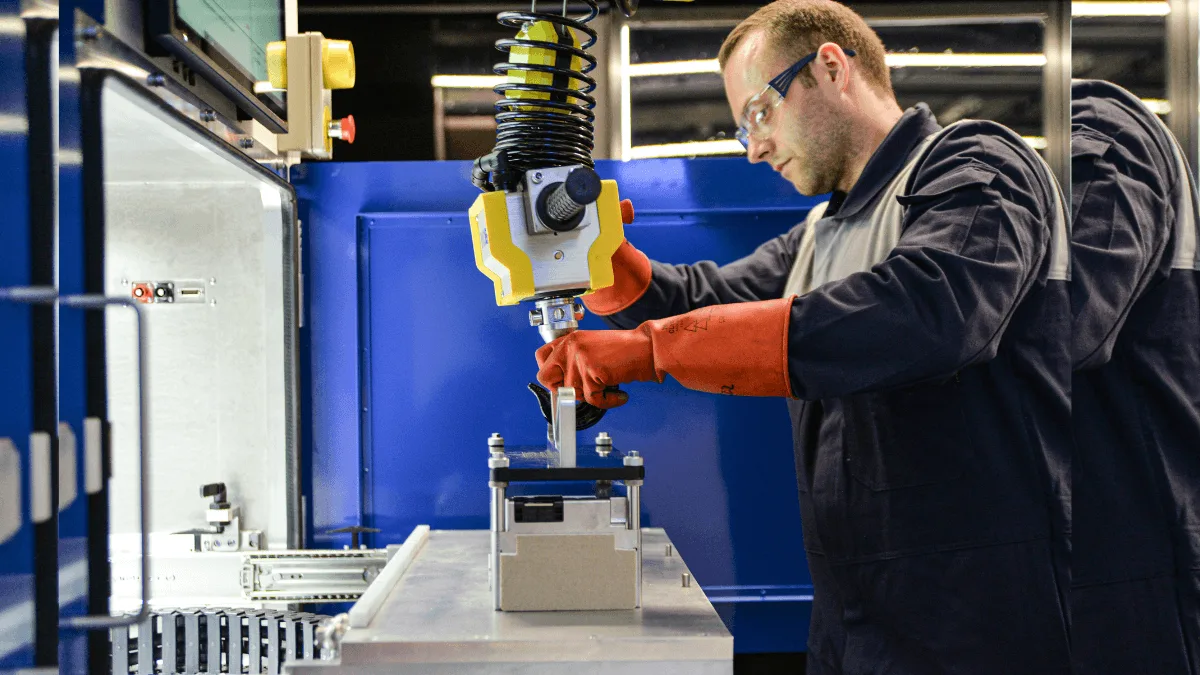
The transition to electric vehicles (EVs) is well underway, but uncertainty around battery health remains a barrier to mass adoption.
A report from Autocraft EV Solutions, a world leader in EV battery testing, repair and remanufacturing, challenges misconceptions around battery failure, presenting the case for repair over the conventional replace and recycle approach.
Titled ‘Closing the EV confidence gap: the role of battery remanufacturing’, the report draws on industry-leading in-warranty repair data and academically verified insights from the RECOVAS project, a collaboration between leading automotive businesses to quantify the impact of the battery life cycle, to demonstrate how remanufacturing can play a major role in boosting confidence in EV and preventing millions of tonnes of avoidable carbon emissions.
“Despite EV battery failure rates being very low, we need a better plan for when they do occur. The assumption that EV batteries need full replacement when a fault occurs is simply not true, given that most batteries can be repaired,” said Dr Sara Ridley, Engineering & Quality Director of Autocraft Solutions Group.
“The mere possibility of battery failure undermines the perception of EVs, with many people unwilling to entertain the risk. Our goal is to change this narrative, giving buyers confidence that their EV batteries can be efficiently repaired rather than replaced at great expense or worse, prematurely scrapped.”
Contrary to common belief, entire EV batteries do not fail; individual cells do. With the right testing capability, it is possible to diagnose the root cause of failure, replace only the necessary components, and restore performance.
Having successfully repaired thousands of in-warranty EV batteries on behalf of major OEMs, Autocraft is already demonstrating that this can be done at scale – and has the data to prove it.
To instil confidence in EVs and accelerate mass adoption, Autocraft’s report highlights three urgent industry-wide changes:
“A battery can only perform to the level of its weakest performing cell.
Autocraft’s OptEVizer® dynamic testing protocols provide a comprehensive picture of battery’s state of health at a cellular level. While battery repair is far from simple, our REVIVE® remanufacturing capability means it can be done safely, reliably, and at scale.
As EV adoption grows, consumer confidence in battery longevity and repairability will be crucial to sustaining momentum. By making battery repair an industry norm, we can help drive a stronger EV market,” explains Dr Ridley.
The data in this report is based on a sample group of 559 commercial repairs carried out in 2024, providing the most up-to-date picture of EV battery repair needs.
Verified environmental data for the different stages of the battery life cycle was provided by different RECOVAS partners, with triage, repair and reassembly data provided by Autocraft.
This allowed for an objective comparison of the impact of a repair-focused approach compared with the default industry practice of replace-and-recycle.
This post was last modified on June 12, 2025 6:30 pm
Union Minister Nitin Gadkari (Minister of Road Transport and Highways of India) has once again made a bold statement that’s got…
India’s electric four-wheeler (E4W) market slowed in September 2025, following a record-breaking August, with 15,038 units sold, representing an 18%…
India’s EV market hit 1,04,056 electric two-wheeler sales in September 2025. TVS, Bajaj, and Ather led the chart, while Ola…
The future of mobility in India has taken a major leap forward. Omega Seiki Mobility (OSM), led by Founder Uday…
Electric bikes are no longer just about saving fuel or going green. Today, they’re also about power, safety, and smart…
The global shift toward electrification is reshaping industries, with batteries at the core of this transformation. Among emerging technologies, lithium…
This website uses cookies.